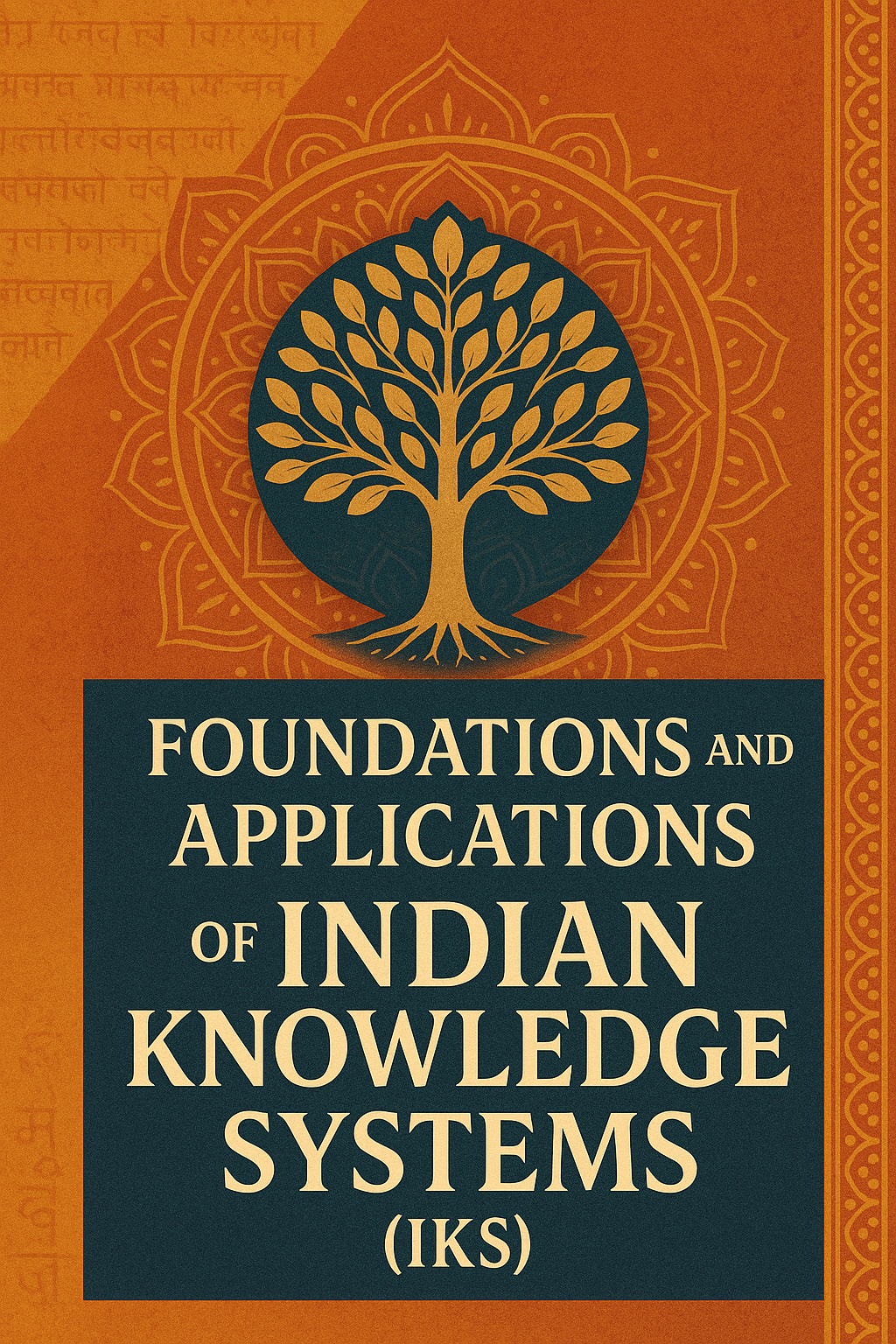
This is one of the course of UG/PG in Distance Education. It is a 2-credit course of 3-modules with many activities.
Summary
The Indian Knowledge System (IKS) is one of the world’s oldest and most holistic traditions, uniting philosophy, science, medicine, arts, governance, and ecology. Unlike modern fragmented disciplines, IKS integrates material and spiritual life, knowledge and ethics, human and nature.
Origins & Growth: From the Vedas and Upanishads to Epics like the Ramayana and Mahabharata, IKS emphasized cosmology, dharma (duty), and holistic inquiry. The Classical Age (Nalanda, Aryabhata, Panini) was a golden era of science and education, while the Medieval period saw the flowering of Bhakti, Sufi traditions, regional literatures, and arts.
Philosophy & Education: Six schools (Nyaya, Vaisheshika, Samkhya, Yoga, Mimamsa, Vedanta) explored logic, matter, spirit, and liberation. Gurukulas and universities like Nalanda and Takshashila promoted oral traditions, debate, and holistic personality development.
Science, Medicine & Arts: Indian contributions include zero, the decimal system, astronomy, metallurgy (Delhi Iron Pillar, Wootz steel), Ayurveda (Charaka, Sushruta), Yoga, and ecological ethics. Literature (Kalidasa, epics), aesthetics (Rasa theory), temple architecture, music, dance, and folk arts reflected a culture of beauty, ethics, and spirituality.
Society & Governance: Arthashastra outlined pragmatic statecraft and diplomacy; Dharmaśāstras codified law and ethics. Guilds, trade, and sustainable village economies reflected integrated socio-economic systems.
Modern Relevance: Ayurveda, Yoga, organic farming, and ecological traditions address global health and sustainability challenges. NEP 2020 integrates IKS into education. Globally, IKS spreads through Yoga Day, Ayurveda research, diaspora literature, and cultural diplomacy.
IKS is not just heritage but a living, evolving system. Its holistic vision—linking knowledge, ethics, ecology, and spirituality—offers valuable models for addressing modern crises and shaping a sustainable future.
- Teacher: Dr Saroj Bala
- Teacher: Dr Alka Dhariwal
- Teacher: Dr Arfat Jafri
- Teacher: Dr Gaurav Kumar
- Teacher: Dr Radha Narayan
- Teacher: Dr Prashant Shrivastav